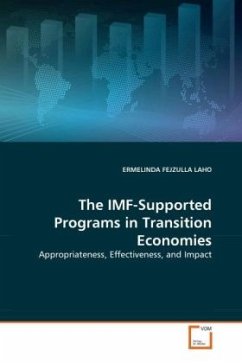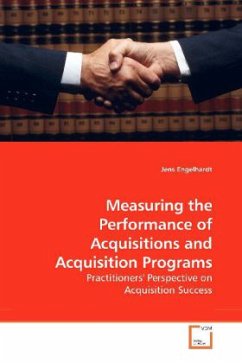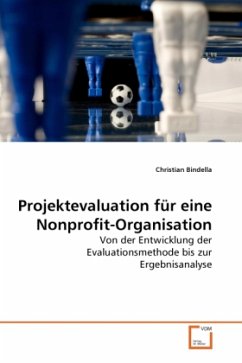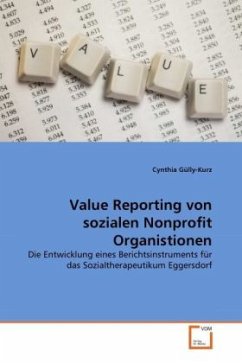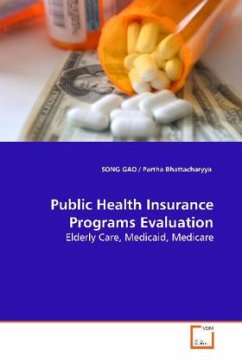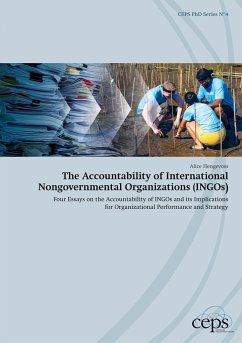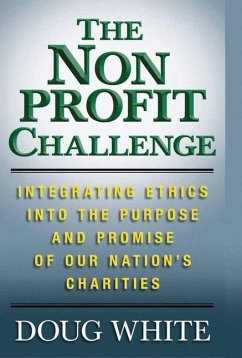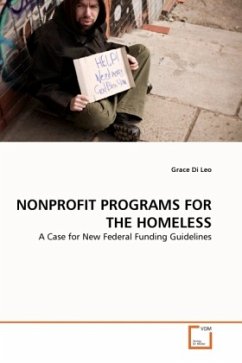
NONPROFIT PROGRAMS FOR THE HOMELESS
A Case for New Federal Funding Guidelines
Versandkostenfrei!
Versandfertig in 6-10 Tagen
39,99 €
inkl. MwSt.

PAYBACK Punkte
20 °P sammeln!
This evaluative case study, which utilizes both quantitative and qualitative data, creates a new body of knowledge expressly related to the effectiveness of nonprofit programs for the homeless. The study investigates the use of funding based upon McKinney-Vento Homeless Assistance Act (MVHAA) criteria and program directors' knowledge of that criteria. Quantitatively, the constructs in the research were assessed for any possible associations, based on the following theories: (a) lack of MVHAA knowledge by NP program directors results in ineffective programs that do not offer services that compl...
This evaluative case study, which utilizes both quantitative and qualitative data, creates a new body of knowledge expressly related to the effectiveness of nonprofit programs for the homeless. The study investigates the use of funding based upon McKinney-Vento Homeless Assistance Act (MVHAA) criteria and program directors' knowledge of that criteria. Quantitatively, the constructs in the research were assessed for any possible associations, based on the following theories: (a) lack of MVHAA knowledge by NP program directors results in ineffective programs that do not offer services that comply with the purposes, goals and key performance indicators of the MVHAA; and (b) lack of MVHAA knowledge by NP program directors results in the misuse of federal funds. Qualitatively, factors related to noncompliance from the perspectives of NP program directors were explored and remedies for the cause(s) of such non- compliance are offered. Ultimately, the findings can be used to promote public and organizational awareness of the MVHAA's objectives and goals, and may assist in overcoming the barriers to eradicating homelessness.



